Published Sep 18, 2023
The Only Work Ethic I Care About is the One on Star Trek
Star Trek characters always found ways of improving themselves — both on duty and off.
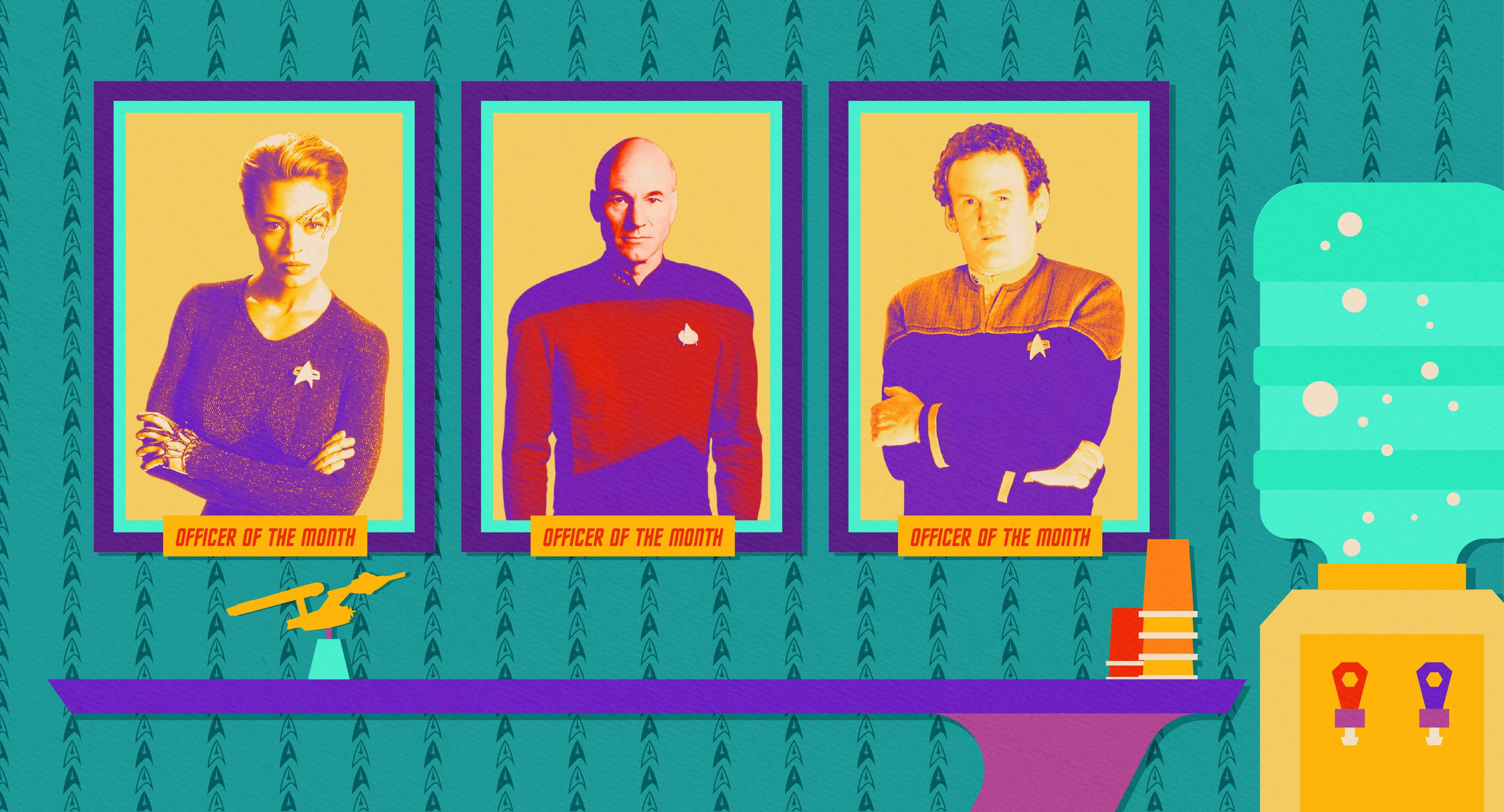
StarTrek.com
My first job interview right out of college didn’t go very well.
When the interviewer asked what my goals were for the position, I replied, “I want to get paid.” After an awkward minute or two, I mumbled something about bringing my A-game and hoping to make a difference. Frankly, I was as shocked as anyone when I got the job. My only insight into the 9-5 world was what I’d seen my parents go through, which was an endless array of commuting, working all day, coming home exhausted, and then waiting eagerly for the weekend — only to repeat this cycle again and again.
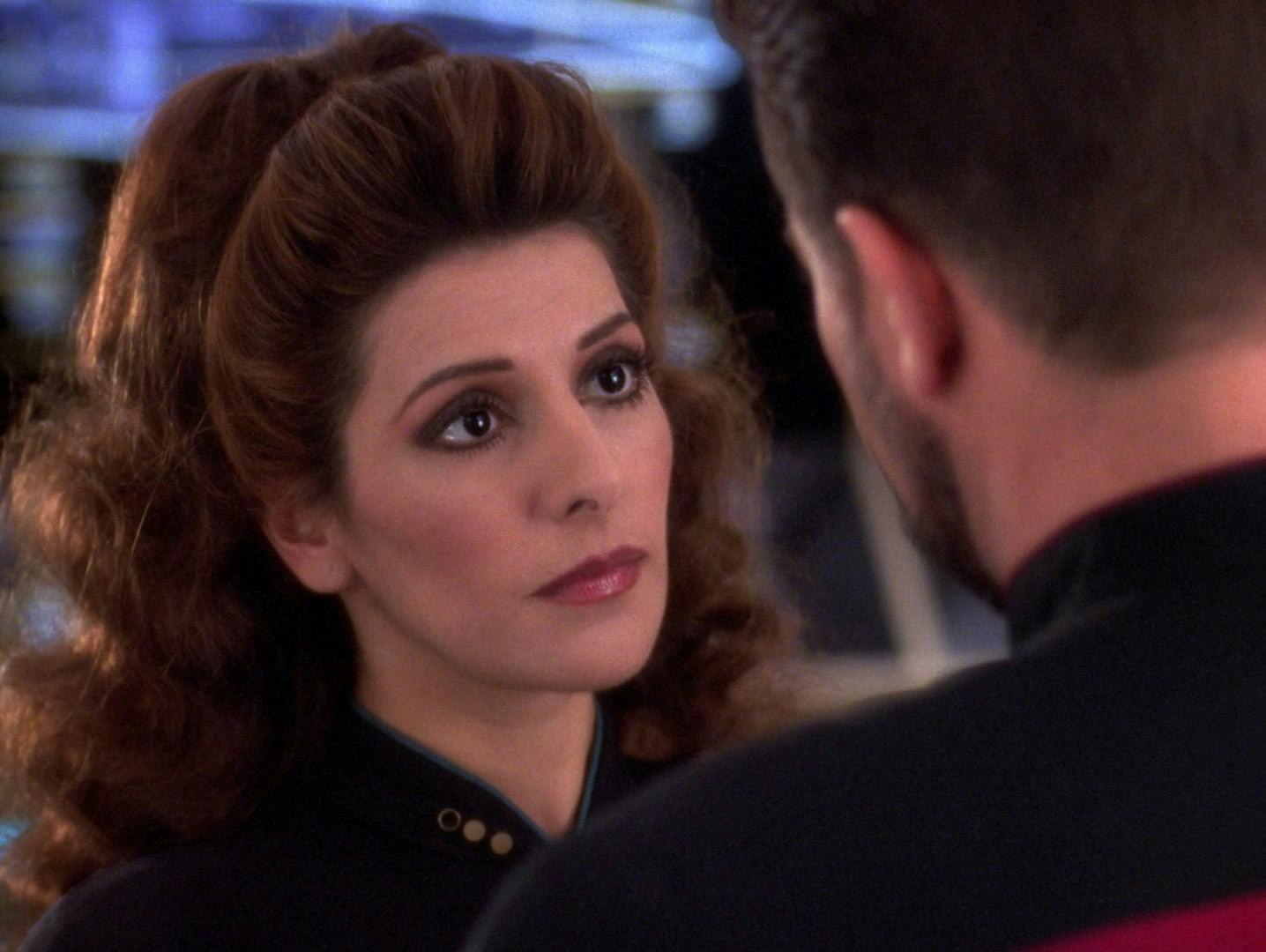
"Thine Own Self"
StarTrek.com
This was in stark contrast to everything I’d seen on Star Trek. On the Enterprise-D, the crew greeted each day with optimism, they were energized to see what kinds of challenges awaited them, and how they’d be able to pitch in and help. There was something noble and awe inspiring about each day in Starfleet — and it was in direct opposition to what I’d seen and experienced myself.
When I started working full-time, I saw myself echoing my parents rather than the crew of the Enterprise. I wasn’t making as much a difference as I wanted to, and I wasn’t bringing my whole self to work every day. Star Trek teaches us that those are two very important things. When assigned a post, one should try to change things by improving upon the status quo and growing as an individual.
When Deanna Troi passed the Bridge Officer's Test, I’m not sure who was prouder — me or Riker. Or when Nog graduated from Starfleet and went on to become an exemplary officer, he showed us that if you believe in yourself and work hard, you can accomplish anything. Our favorite characters routinely pushed themselves beyond the comfort zone, and in such a way, they continuously grew and evolved. There’s something admirable of that kind of work ethic, and I wanted to adopt it more than anything.
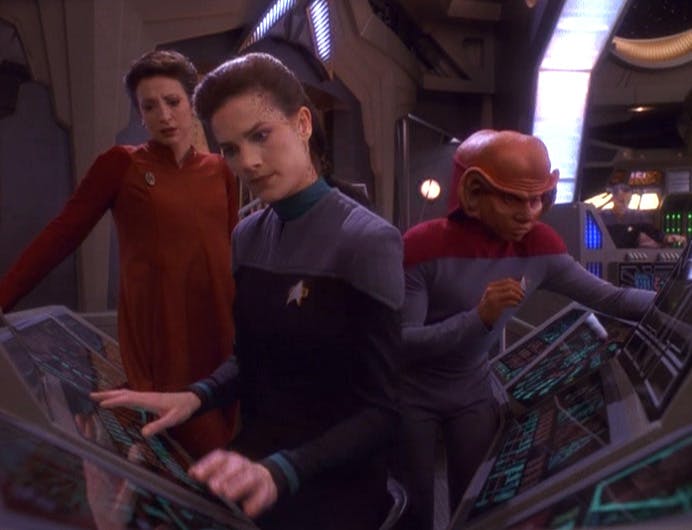
"The Darkness and the Light"
StarTrek.com
So what makes this particular work ethic so aspirational in comparison with what many of us encounter on a daily basis? After careful analysis (which consisted of rewatching all my favorite series yet again), I noticed that it was the fundamental approach to work that differed. For many, especially in America, work is mostly a means to provide for ourselves financially, and oftentimes becomes a compartmentalized part of who we are, while we allocate our true selves to friends, family, and hobbies.
But in the Star Trek universe, work is an integral part of who you are — you bring all your strengths into your tasks and responsibilities. More than anything, our favorite Star Trek characters always found ways of improving themselves — both on duty and off. This, by and large, seemed to be their driving goal. Things that some crave in our society — money, fame, celebrity — aren’t as important anymore (well, except to Quark). What really mattered was excelling at your role, gaining knowledge and experience, and most importantly, helping others.
There are many characters who exemplify what it means to be successful at work, but the following truly excelled at embodying the Star Trek work ethic.
Seven of Nine
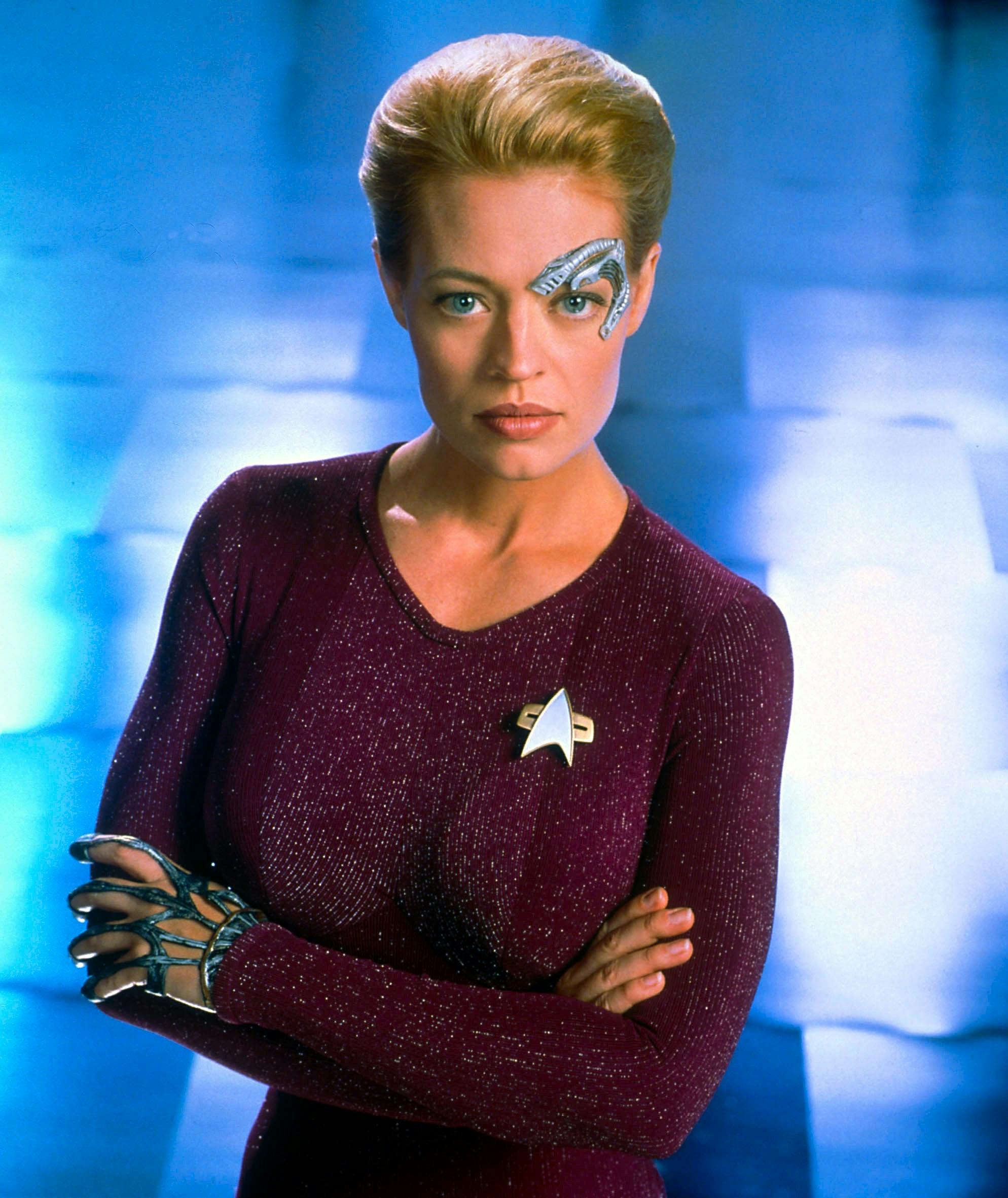
StarTrek.com
Seven always has great pride in her work — undoubtedly related to her goal of perfection. But more than that, she evolved as a human being during her time on Voyager. Not only did she utilize her vast Borg-enhanced knowledge in her daily tasks, but she also grew, learned, and changed along the way.
Seven had a tendency to fall back on her work for comfort, knowing she’d excel at it; whereas, the challenge for her was trying to develop her humanity. Whether excelling in the astrometric lab, or attempting to make friendships onboard the starship, Seven put 100% effort into everything she did.
Miles O'Brien
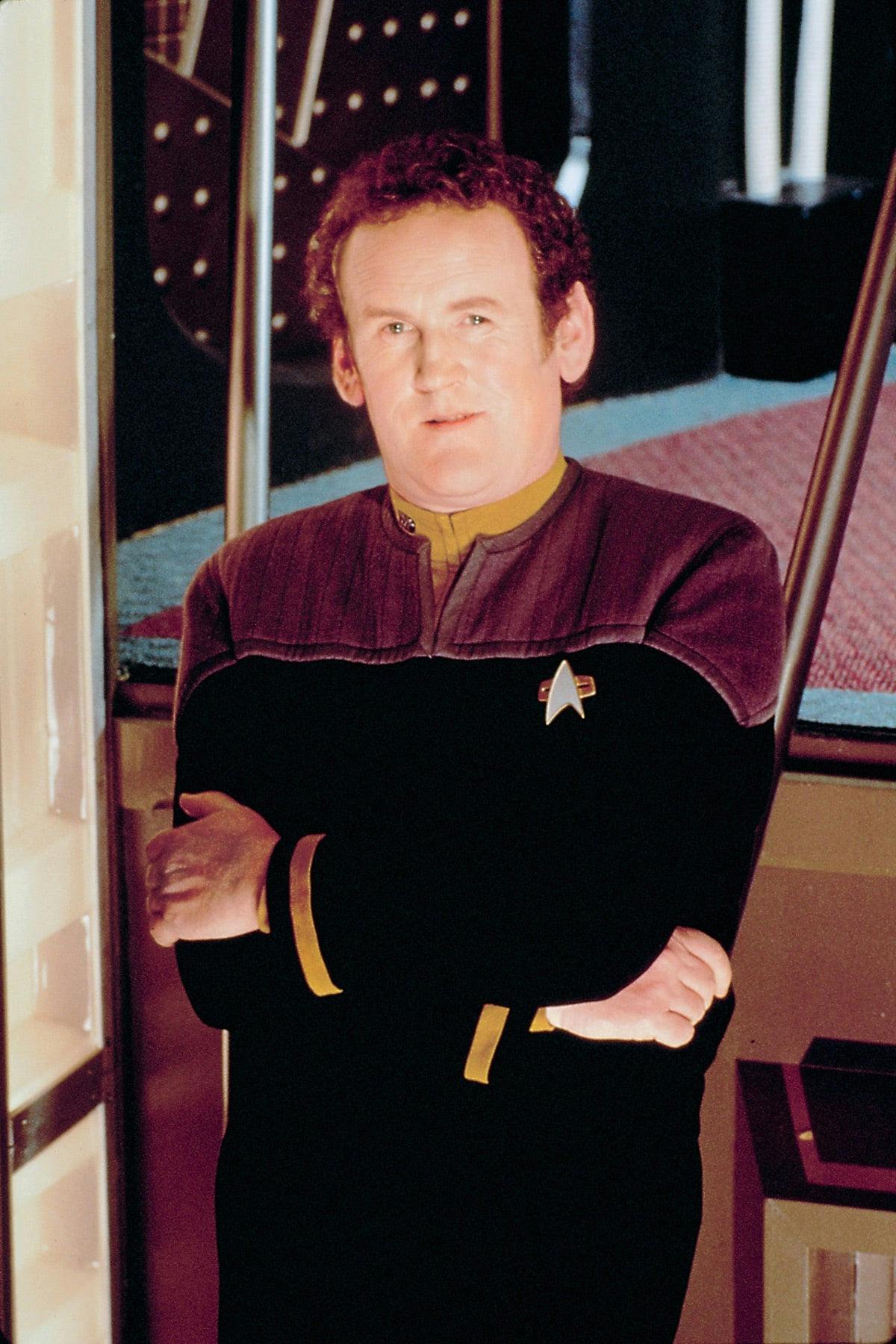
StarTrek.com
Not a day went by on the Deep Space 9 station when Miles wasn’t running around, frazzled, holding an interphasic coil spanner, or trying to stop an imminent system failure. He was your one-stop resource for all things engineering. He single-handedly seemed to keep the station functional. But he didn’t get to where he was by chance.
From his early days manning the lonely transporter room on the Enterprise-D to becoming chief of operations at Deep Space 9, Miles shows us that growth and resilience can help you accomplish your goals — no matter how long it takes.
Jean-Luc Picard
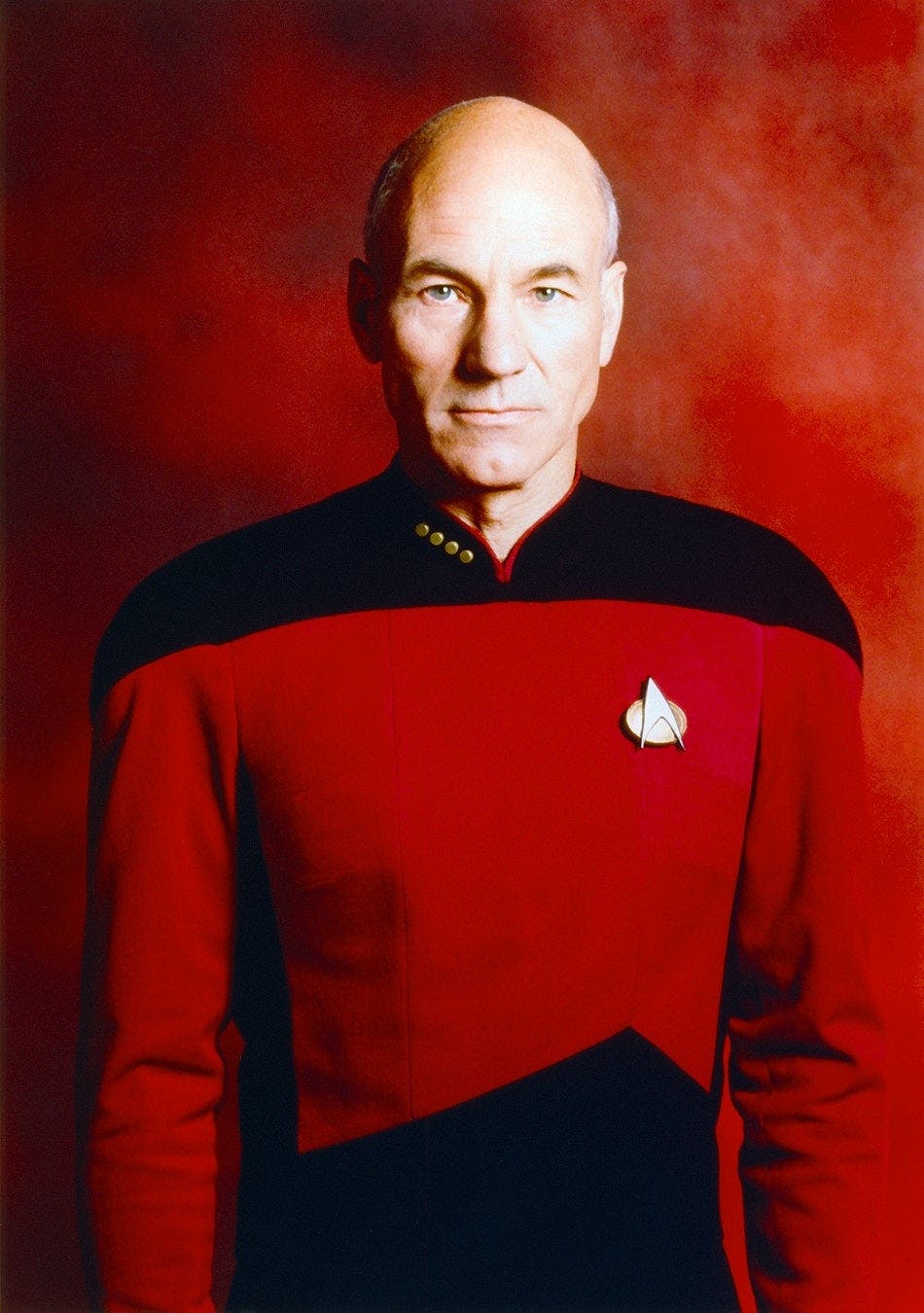
StarTrek.com
Captain Picard is aspirational in many ways. More than anything, his ability as a “renaissance man” to bring his many academic interests into his career is something which sets him apart. His fortitude for literature and history, his ability to lead with confidence, and the various hobbies and skills he continuously perfects — even though he’s dedicated his life to his service in Starfleet — shows us he’s far from one-dimensional.
Through seven seasons of television, a series of films, and his own spinoff show, Picard is a constant example that it’s never too late to improve yourself, find ways of learning, and continuously adapt to any situation that your work can throw at you.
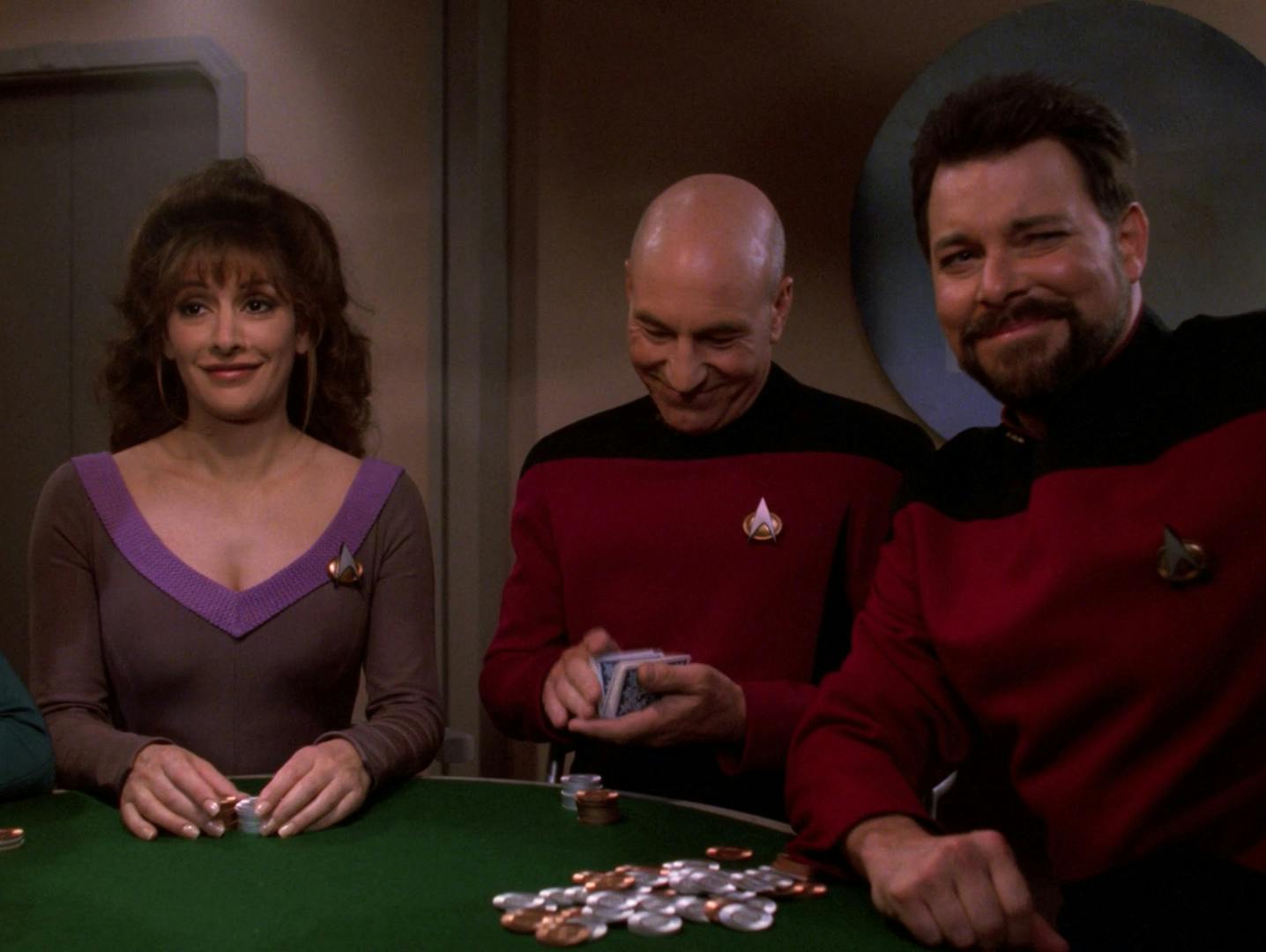
"All Good Things..."
StarTrek.com
In the end, Star Trek showed us that there’s more to work than the 9-5 routine; there’s an opportunity for us to bring our whole selves to our everyday jobs, to try to better our situation, and make a difference. Sounds cheesy but think of it this way, until we reach post-scarcity, those of us who are able (and unfortunately, sometimes those who are not) are expected to be a part of the workforce in some way or other. Why not make the best of it and make a valuable contribution where we can? Some of our favorite characters excelled in their positions because they brought something unique to their jobs — Seven’s meticulousness, O’Brien’s ability to juggle a million things at once, and Picard’s multifaceted nature. These were the things that made an enormous impact on their lives as well as their crewmembers’ lives.
We may not be stationed on a starship, but even the most mundane job can be turned into an opportunity where you can find room within yourself to improve, help others, and bring something unique that only you can provide to work every day. Whether you enjoy what you do or not, Star Trek teaches us that you play a crucial role in determining your life, and that there’s always an opportunity to make it better, even in small ways.





